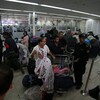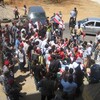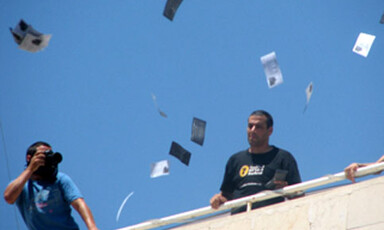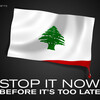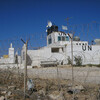
Fighting between Israel and Hizbollah intensifies with UN positions hit again
13 August 2006
Civilians make up the overwhelming majority of the victims of this conflict, which broke out following Hizbollah’s capture of two Israeli soldiers on 12 July. According to the Lebanese Higher Relief Council, over 1,000 Lebanese have been killed and 3,600 wounded, while Israel’s Government reports that more than 40 Israeli civilians have been killed. An estimated one fourth of the entire population of Lebanon has been forced to flee their homes. Read more about Fighting between Israel and Hizbollah intensifies with UN positions hit again


